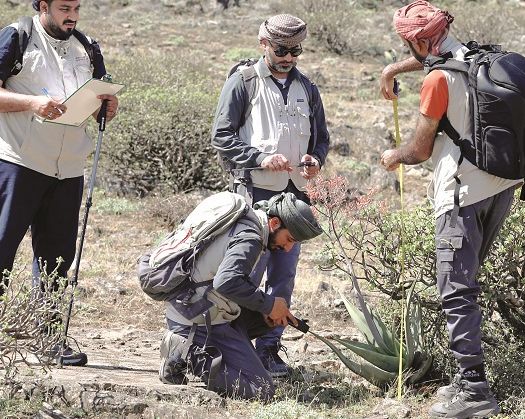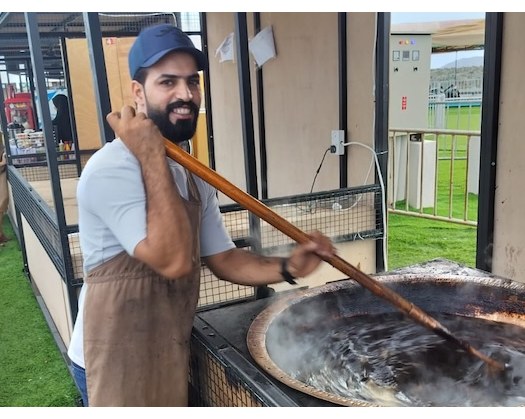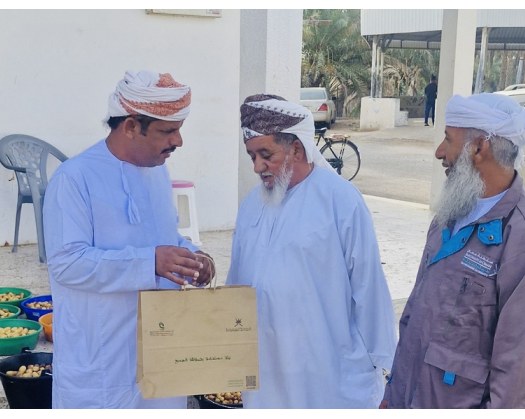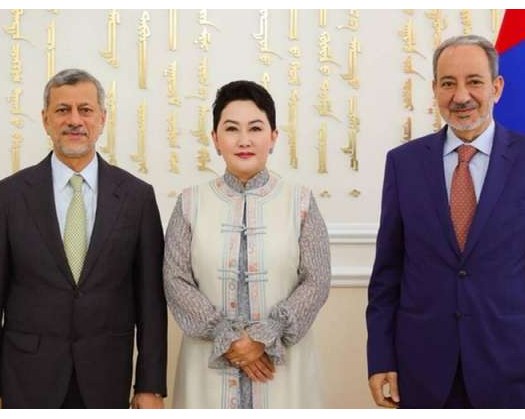MUSCAT: In response to the mounting pressures of climate change, overgrazing, and urban development on Oman’s rich plant diversity, researchers at the Oman Centre for Animal and Plant Genetic Resources (Mawarid) are spearheading a long-term project focused on the collection and preservation of seeds from rare and endangered wild plants.
Over the course of seven years, this pioneering study has identified 352 plant species, amassed 174 seed collections, and recorded 17,623 genetic resource data points, providing essential support for species at risk of extinction and valuable insights into the nation’s biodiversity.
Since 2018, the Mawarid research team has undertaken 81 field expeditions across 50 wilayats, exploring 231 different sites. Their work has successfully preserved 18 endangered plant species recognized by the International Union for Conservation of Nature (IUCN).
This comprehensive research initiative aims to protect Oman’s delicate ecosystems and ensure the survival of plants that are uniquely suited to extreme environmental conditions. The wild flora of Oman is currently facing unprecedented threats from rising temperatures, extended droughts, and changing rainfall patterns.
Researchers are investigating the resilience of these plants, particularly their capacity to endure severe environmental changes. The information gathered is being organized into a national genetic resources database to aid in future conservation and adaptation efforts.
In addition to ecological preservation, Oman’s native plants possess significant agricultural, medicinal, and industrial potential. Mawarid researchers are partnering with the Oman Palm Development Company to explore commercial opportunities, such as the extraction of essential oils and bioactive compounds from selected species.
As climate-related disasters increase in frequency, the preserved seed bank plays a vital role in safeguarding biodiversity. In cases of habitat loss, these stored seeds can facilitate the regeneration of diminished plant populations, thereby promoting ecological stability and the restoration of biodiversity.
Among the various plants being researched, wild lavender has garnered considerable scientific attention. The research team has examined its chemical properties, revealing potential uses in medicine and aromatherapy.
The results of this investigation have been published in peer-reviewed journals, establishing a basis for further exploration of Omani plant life. Many of Oman’s native plants hold significant cultural value. Acknowledging their ecological and cultural significance, Mawarid researchers are actively involving the community through educational programs in schools, scientific presentations, and media outreach. Their goal is not only to protect endangered species but also to foster awareness and appreciation for Oman’s distinctive botanical heritage.
Having completed over 2,000 hours of field research, the team remains dedicated to the critical task of preserving Oman’s wild plants before it becomes too late.












